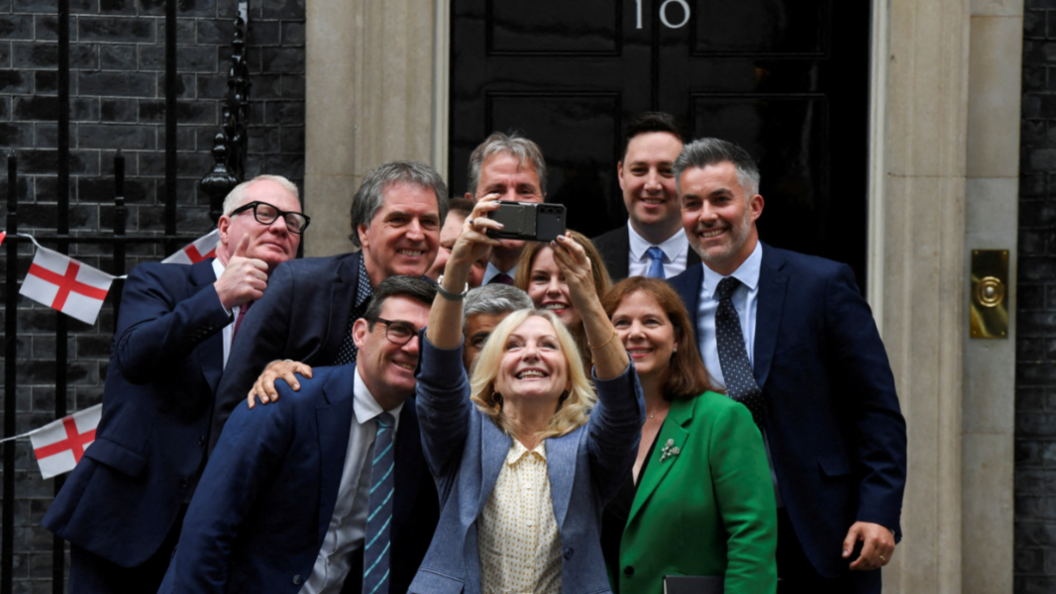How will having a mayor change Greater Essex?

Angela Rayner overseeing a plane arriving at Stansted - the deputy prime minister is now overseeing devolution deals in England
- Published
Big changes are on the way to how one of England's most populous counties is run.
In just a year's time Essex is likely to have a directly-elected mayor overseeing a population of nearly two million people and an economy worth £50bn – bigger than Northern Ireland.
Plans have also been put forward to scrap the county's current 15 councils, and instead have three, four or five unitary authorities to replace them.
How will this all work, and what does it mean for the people living in the county?
Where has this idea come from?
In the run-up to the general election last year, Labour spoke often of the party's desire to see more devolution of power around the country.
Places like Greater Manchester and the West Midlands have had mayors with their own powers for years, but what's been handed down - and how it's been funded - has varied widely from place to place.
Essex is one of the areas not currently covered by a devolution deal, but things are about to change.
Labour's deputy leader Angela Rayner has been tasked with overseeing the new system, and told the BBC the new regional mayors will have more control over housing, transport, education and employment in their areas than councils currently have.
How will it work?
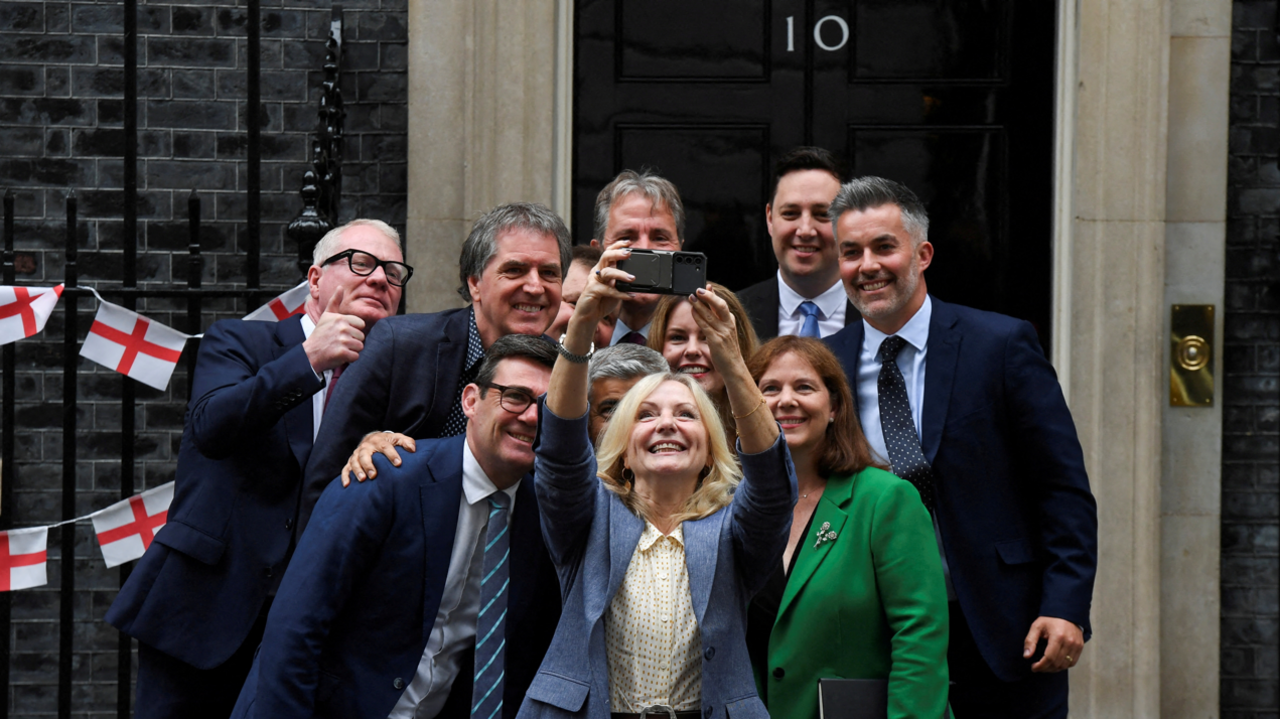
The government wants more regional English mayors - and the one for Greater Essex could join this group at meetings in Downing Street
Big decisions will be made as part of a mayoral combined authority.
Councils will send representatives to join the mayor on making and voting on big decisions for a region.
The representatives will come from the current upper tier of authorities - meaning three members from Essex County Council, and two from both Southend Council and Thurrock Council would join the mayor in a vote.
If and when Essex's current 15 councils are abolished and replaced, somewhere between three and five new unitary authorities would be represented on the Greater Essex combined authority.
What powers will the mayor have?
The mayor will receive funding and decision-making powers from the government for:
Housing and regeneration
Local growth
Adult skills (except apprenticeships)
Local transport
When it comes to transport, the combined authority would be able to decide on bus routes, timetables, fares and branding.
The mayor would also have power over developing and running the rail network. Essex could potentially implement a ticketing system that works across different public transport types, as it does in London.
Training and adult learning could be tailored by the mayor to support local jobs and industry within Essex.
The mayoral combined authority would also be given control of funding to support regeneration and housing delivery.
When established, it's possible more powers could be devolved from Westminster. Greater Manchester controls local health spending but that isn't on the cards for Essex at the moment.
How much money will the mayor have?

The Greater Essex mayor and combined authority will have powers over local housebuilding and regeneration
An exact sum from the government is currently not known, but is likely to be in the tens of millions.
It's possible the mayor could raise a precept on council tax but, again, this is not certain.
There is a fire and police precept on council tax which pays for those services.
If the mayor takes over the Police, Fire and Crime Commissioner (PFCC) role, which is likely, those local rates will then be decided by the mayor.
Who could be the mayor?
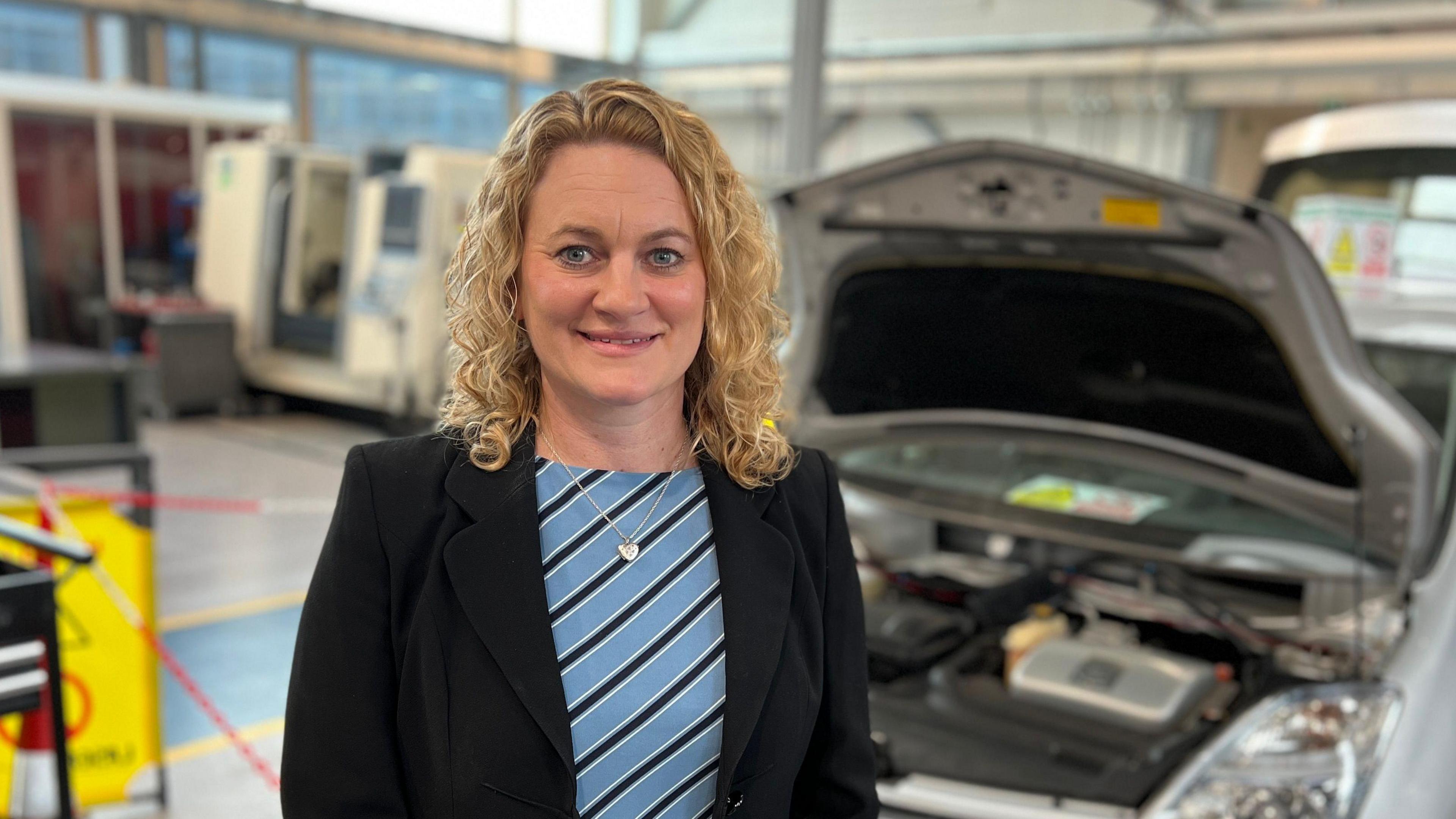
The Conservatives have selected Louise McKinlay to be their candidate for Greater Essex Mayor and are the only party to declare so far
The Conservatives have selected Louise McKinlay to be their candidate. She's currently the deputy leader of Essex County Council and is a former Brentwood council leader.
There were 18 local Tories who applied to be their party's candidate - three were put to the Essex party membership to vote for. Roger Hirst, the current Essex PFCC, and businessman James Sinclair were the other candidates on the ballot.
The Liberal Democrats and Greens have opened nominations with a candidate for each to be announced in September. Labour are expected to do so too.
Nigel Farage told the BBC the Reform UK mayoral candidate would be from Essex and there had been a lot of interest. He said they were likely to be announced at the party's autumn conference in Birmingham.
It is possible independents could stand too.
What's happening to my local district council?
There will still be a number of councils running services like bin collections, libraries, maintaining parks and providing social care. A mayoral combined authority is not expected to get involved in these services.
But the existing council structure of county, unitary and district in Essex is being looked at for radical reform.
This is a separate to devolution and is known as local government reform.
Essex County Council prefers an option of three all-purpose unitary authorities covering Essex and replacing the current 15 unitary, county and district councils.
Southend City Council and several district councils prefer an option of five. Thurrock prefers four.
A public consultation on the plans closed on 20 July.
Proposals have to be submitted to the government by 26 September. A decision will be made by government, possibly in March 2026, on what Essex's new council areas will look like.
Do people want this?
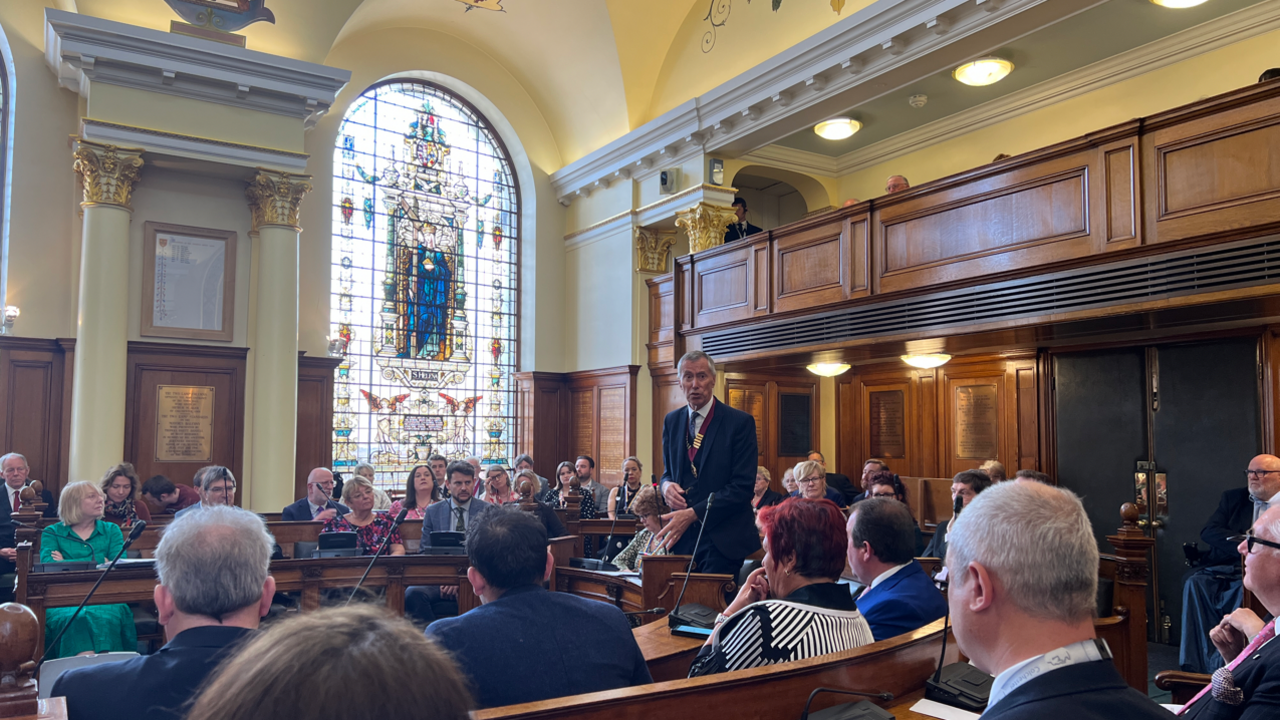
Current councils like Colchester are expected to be abolished and replaced with new unitary authorities across Essex.
A survey of nearly 4,000 people by the government earlier this year found 71% were against an Essex mayor., external
The government said people's main concern was that a mayor would "centralise power, reduce local accountability, and weaken community identity, especially in places like Southend, Thurrock, or rural Essex".
But business organisations like the Essex Chambers of Commerce and local universities and colleges - as well as most councils - do see benefits.
When will there be elections?
Elections for a Greater Essex mayor are set to take place on 7 May 2026.
It could be under the supplementary vote system if legislation is passed in time. This is where people vote for their preferred and second favourite candidate. If no one is chosen by half the electorate in the first round, second preference voting comes into consideration until one person achieves the 50% threshold.
Elections for the county council and in Thurrock were postponed this year so local authorities could focus on working on the reforms.
Local council elections are scheduled for next May. But it is possible they may be cancelled again.
In January, an Essex County Council report stated: "There will be further postponements if reorganisation proceeds. In reality there will be no further ordinary elections to those councils whose elections are postponed".
The first elections for the new councils are planned for May 2027.
What happens next?
In the autumn, we should find out more details in terms of money and powers which will be in the mayor's hands.
Plans on the geography of new councils in Essex have to be submitted to government by the 26 September.
The final decision is the government's, which could be made in March 2026.
This article will be updated as the BBC gets more details about candidates standing for each party.
Get in touch
Do you have a story suggestion for Essex?
Follow Essex news on BBC Sounds, Facebook, external, Instagram, external and X, external.
- Published26 June
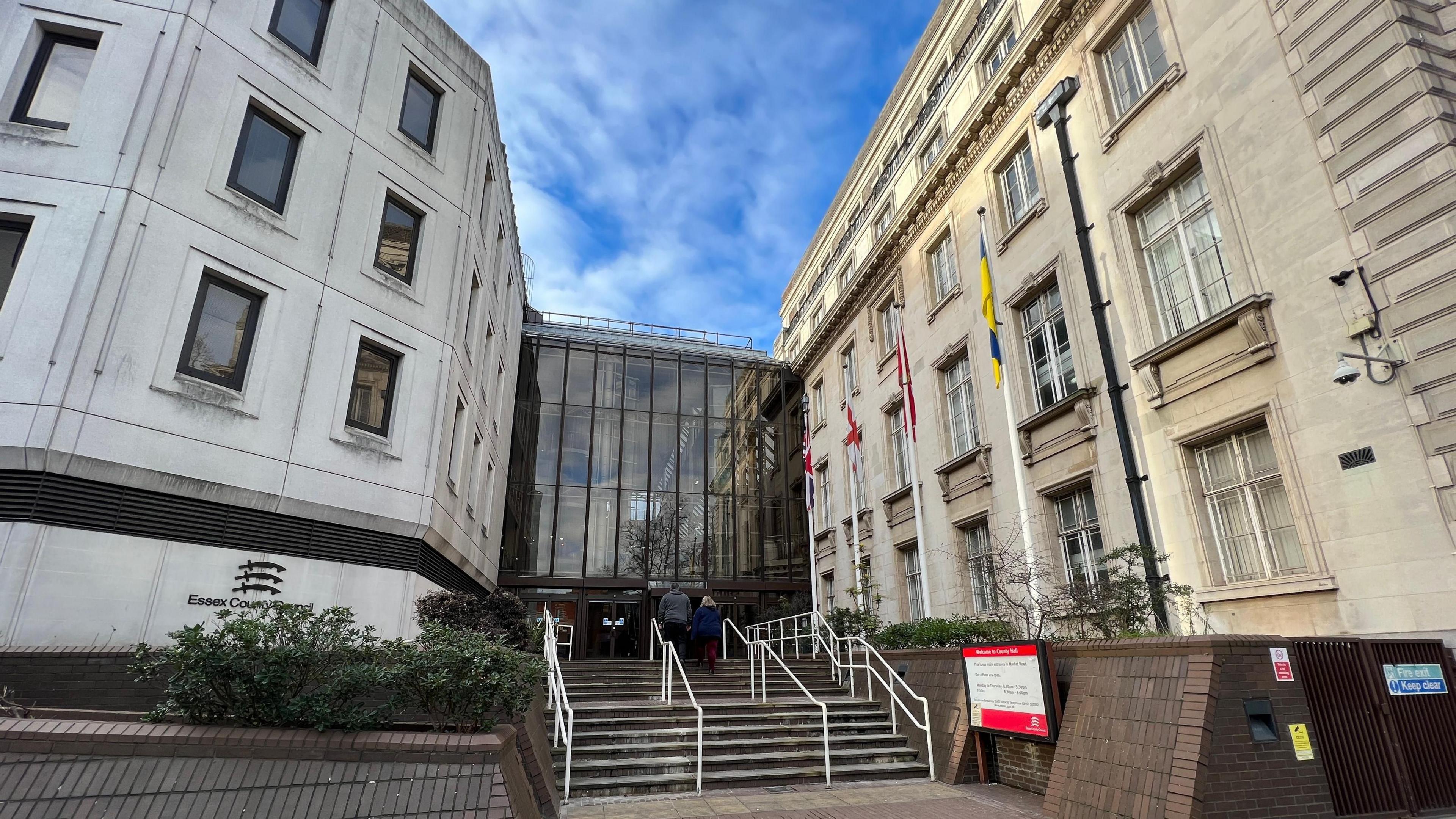
- Published5 February
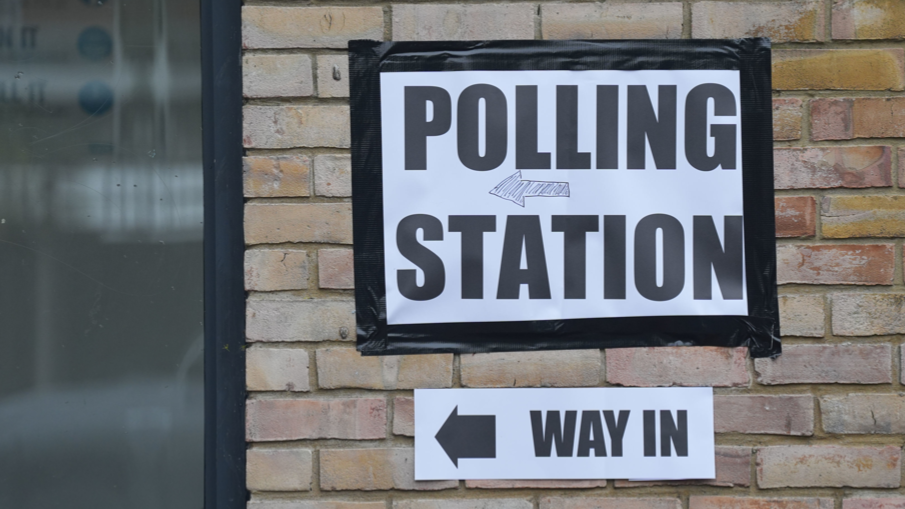
- Published17 January
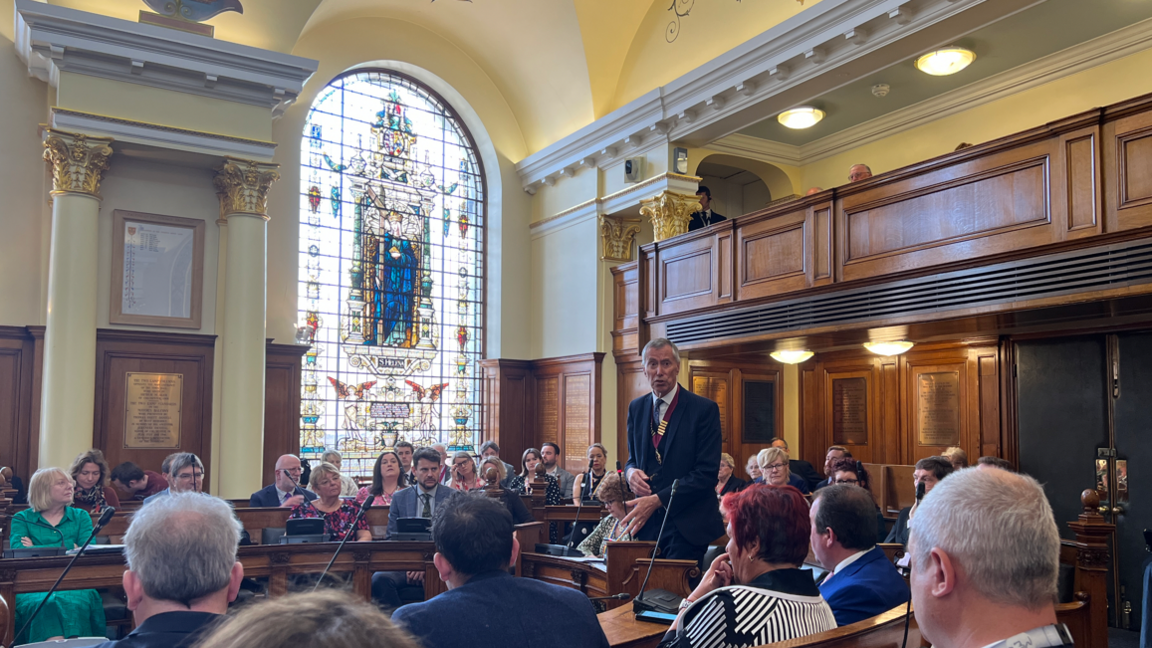
- Published16 July 2024
